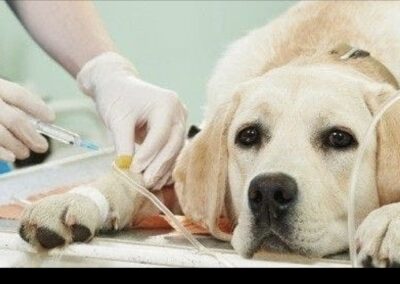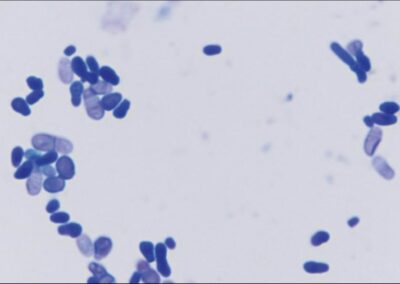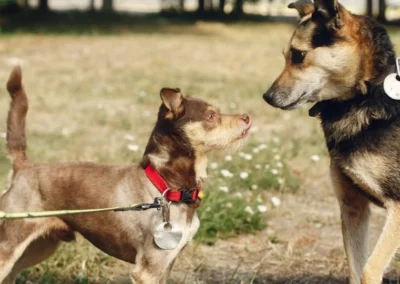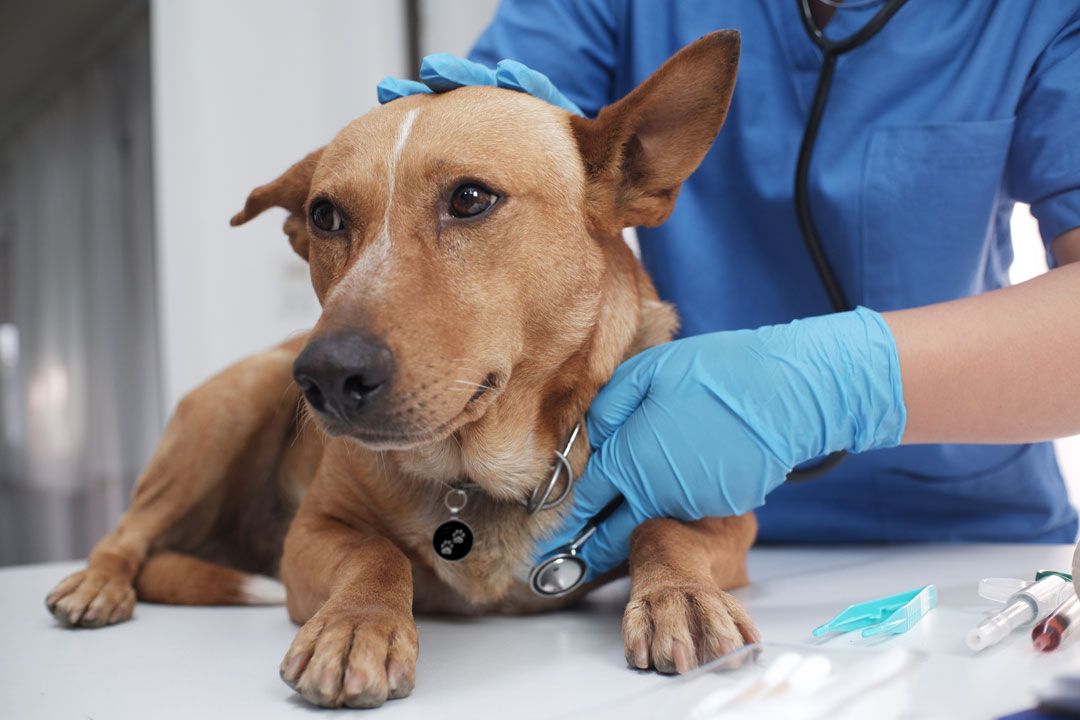
As a veterinarian, one of the most crucial aspects of my job is educating pet owners about the importance of vaccinating their pets against zoonotic diseases. Zoonotic diseases are those that can be transmitted from animals to humans, posing significant health risks to both. Vaccination is a powerful tool in preventing these diseases, ensuring the safety of our beloved pets and the well-being of our families. Among the numerous zoonotic diseases, rabies stands out as one of the most deadly and preventable. However, it’s not the only one. Let’s explore rabies and other notable zoonotic diseases, and why vaccination is vital, even when the risk seems low.
Rabies: A Deadly Threat
Rabies is perhaps the most infamous zoonotic disease, primarily because it is almost always fatal once symptoms appear. Caused by the rabies virus, it affects the central nervous system of mammals, including humans. Rabies is typically transmitted through the bite of an infected animal, with symptoms in humans ranging from fever and headache to paralysis and death.
Pet owners should understand that rabies is preventable through vaccination. Dogs, cats, and ferrets should be vaccinated against rabies, not only for their own protection but also to prevent the transmission of the virus to humans. Regular vaccination and booster shots are essential, as they provide a robust defense against this deadly virus.
Leptospirosis: A Hidden Danger
Leptospirosis is another zoonotic disease that pet owners should be aware of. It is caused by bacteria of the genus Leptospira, which are found in water and soil. Pets can become infected through contact with contaminated water, soil, or the urine of infected animals. Symptoms in pets can range from mild illness to severe kidney and liver damage, and in some cases, it can be fatal.
Humans can contract leptospirosis through direct or indirect contact with contaminated water or the urine of infected animals. In humans, it can cause flu-like symptoms, jaundice, kidney failure, and even meningitis. Vaccinating pets against leptospirosis is crucial, especially in areas where the bacteria are prevalent, to safeguard both animal and human health.
Toxoplasmosis: The Silent Threat
Toxoplasmosis, caused by the parasite Toxoplasma gondii, is another zoonotic disease that can affect both pets and humans. Cats are the primary hosts of this parasite, and they can shed T. gondii oocysts in their feces. Humans can become infected through contact with cat feces, consuming undercooked contaminated meat, or handling contaminated soil.
While toxoplasmosis often causes mild or no symptoms in healthy individuals, it can be severe or even life-threatening for pregnant women and individuals with weakened immune systems. In pregnant women, it can lead to miscarriage, stillbirth, or serious congenital defects in the newborn. Ensuring that cats are regularly screened and kept indoors can reduce the risk of toxoplasmosis, along with maintaining proper hygiene practices.
Distribution of rabies variants – Source: CDC
Click map to view larger
What can you do?
Vaccinating pets against zoonotic diseases is not just a recommendation; it is a responsibility that pet owners must take seriously. Even if the perceived risk of these diseases seems low, the consequences of an infection can be devastating. Here are some key actions every pet owner should take:
Stay Informed: Keep yourself updated on the recommended vaccinations for your pets and the schedule for booster shots. Regular veterinary check-ups are essential to ensure that your pets are protected against common zoonotic diseases.
Maintain Hygiene: Practice good hygiene when handling pets, cleaning litter boxes, and interacting with animals in public spaces. Wash your hands thoroughly after handling pets or cleaning up after them.
Preventative Measures: Take proactive steps to reduce the risk of exposure to zoonotic diseases. This includes keeping pets indoors when possible, avoiding contact with wild animals, and promptly cleaning any wounds inflicted by animals.
Educate Others: Spread awareness among fellow pet owners about the importance of vaccinations and zoonotic disease prevention. A community-wide effort can significantly reduce the incidence of these diseases.
In conclusion, the prevention of zoonotic diseases through vaccination is a crucial aspect of responsible pet ownership. By ensuring our pets are vaccinated, we protect not only their health but also our own and that of our community. Do not underestimate the importance of this simple yet effective measure. Schedule a veterinary appointment today to discuss your pet’s vaccination needs, and take an active role in safeguarding public health.
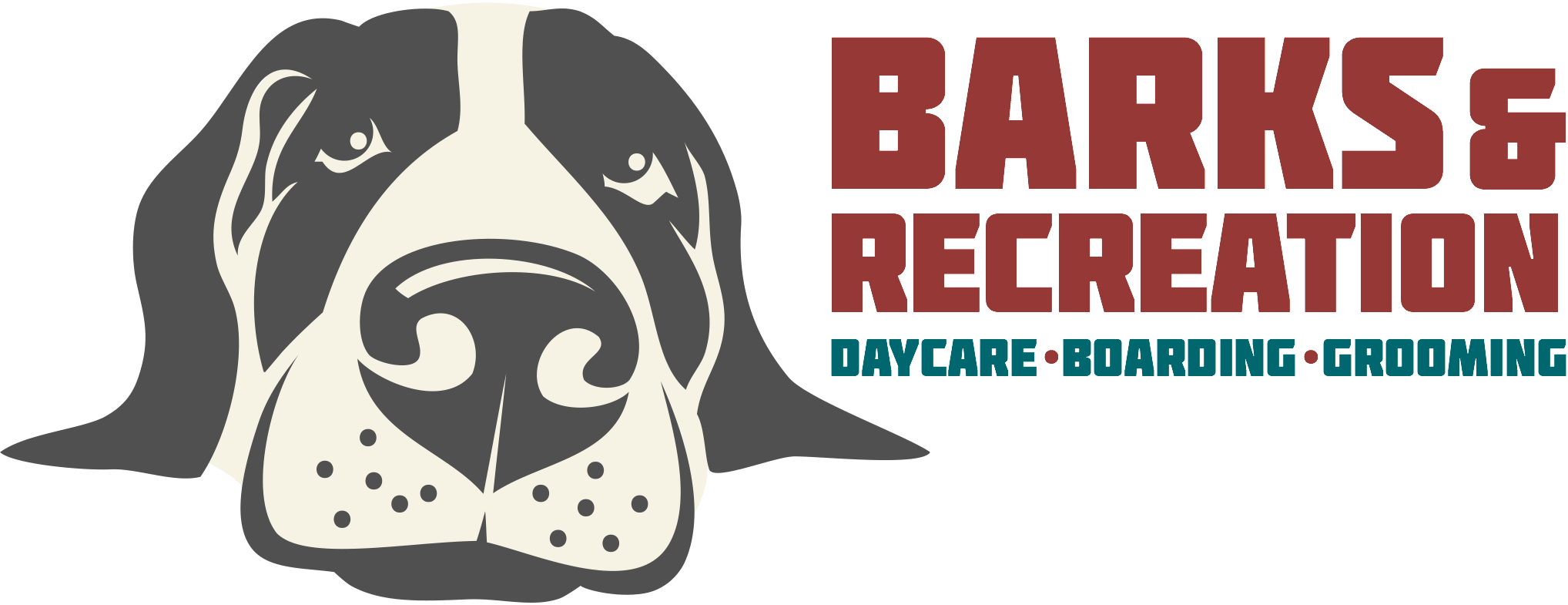
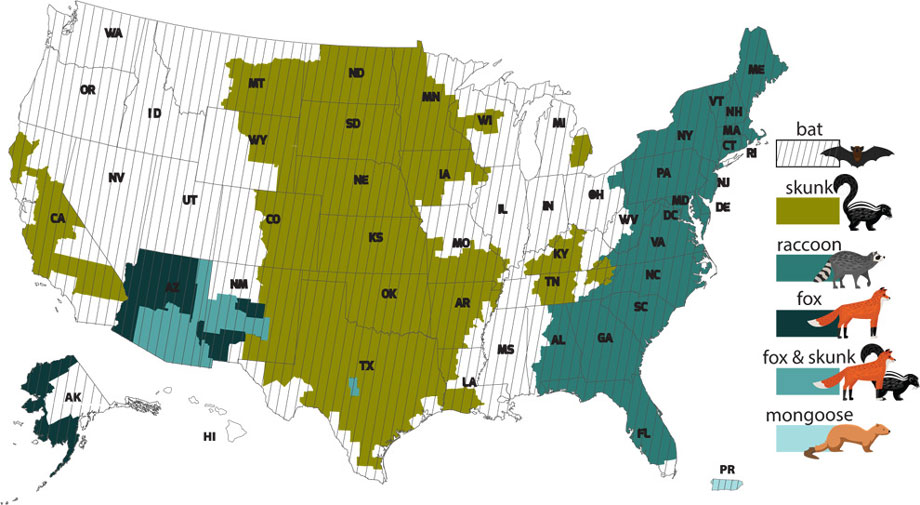
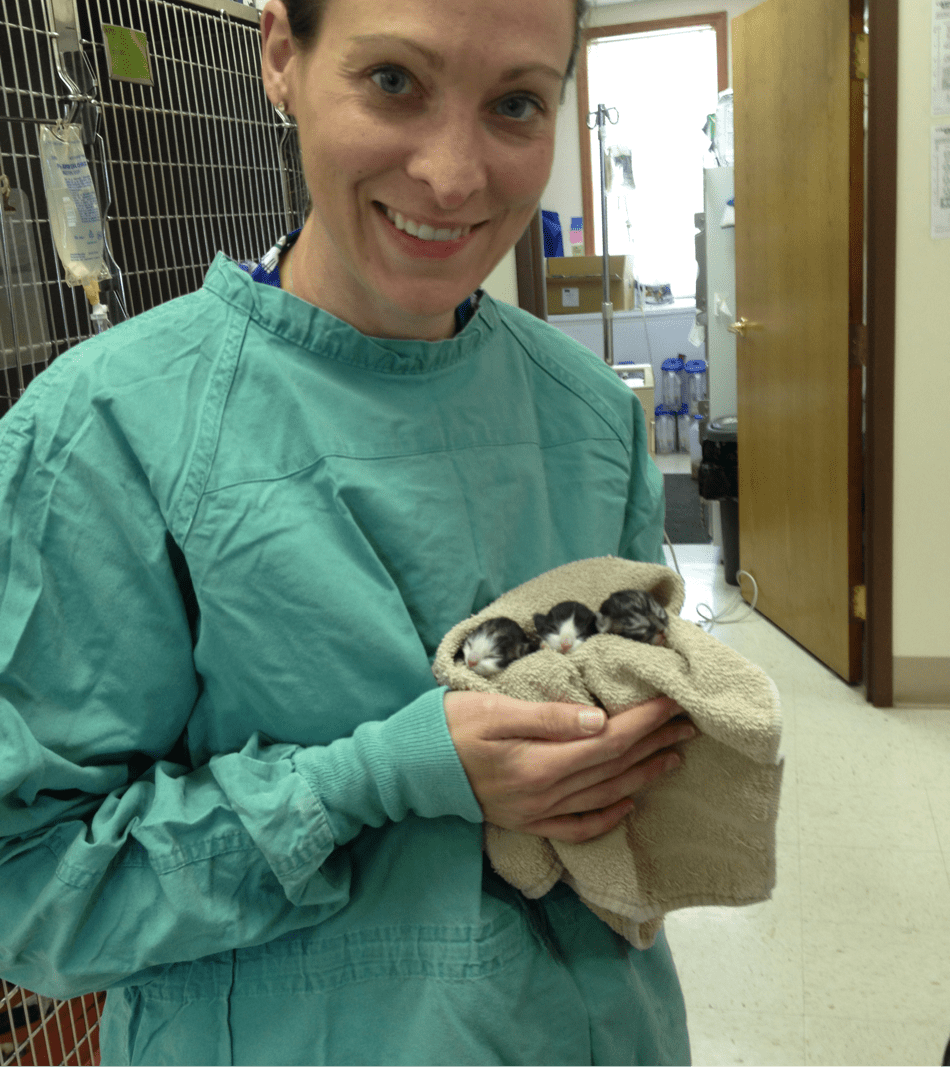 Barks & Recreation is proud to feature Dr. Eileen Savier CVA, CVCH as our Veterinary Blogger in our “From the Vet” Series — offering information related to the health and welfare of your furry family members! Currently part of the team of doctors at Keystone Veterinary Clinic, Dr. Savier is a 2012 Graduate of the Ross University School of Veterinary Medicine, She completed her clinical experience at The Ohio State University and after veterinary school she pursued further education and certification in Veterinary Acupuncture, Chinese Herbal Medicine, and Fear Free veterinary visits. Dr. Savier has a special interest in integrative medicine, animal behavior, and internal medicine and is committed to improving animal health care by integrating Eastern and Western philosophies. She enjoys working with fearful & aggressive dogs and cats and she has had additional training in low stress handling techniques and encourages positive reinforcement during exams and procedures. Her clinical interests include pain management, animal behavior, geriatric patient care, and internal medicine.
Barks & Recreation is proud to feature Dr. Eileen Savier CVA, CVCH as our Veterinary Blogger in our “From the Vet” Series — offering information related to the health and welfare of your furry family members! Currently part of the team of doctors at Keystone Veterinary Clinic, Dr. Savier is a 2012 Graduate of the Ross University School of Veterinary Medicine, She completed her clinical experience at The Ohio State University and after veterinary school she pursued further education and certification in Veterinary Acupuncture, Chinese Herbal Medicine, and Fear Free veterinary visits. Dr. Savier has a special interest in integrative medicine, animal behavior, and internal medicine and is committed to improving animal health care by integrating Eastern and Western philosophies. She enjoys working with fearful & aggressive dogs and cats and she has had additional training in low stress handling techniques and encourages positive reinforcement during exams and procedures. Her clinical interests include pain management, animal behavior, geriatric patient care, and internal medicine.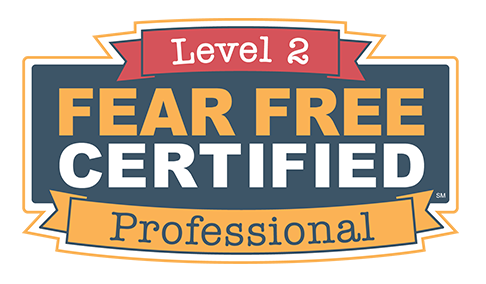 Dr. Savier shares her home with two (soon to be three) dogs, two cats, and a toddler. She lovingly refers to her two dogs as Coconut Retrievers as they were rescue dogs she brought home from the island of St. Kitts. In her free time she enjoys spending time with her family, going to the beach, and planning her next Disney vacation.
Dr. Savier shares her home with two (soon to be three) dogs, two cats, and a toddler. She lovingly refers to her two dogs as Coconut Retrievers as they were rescue dogs she brought home from the island of St. Kitts. In her free time she enjoys spending time with her family, going to the beach, and planning her next Disney vacation.